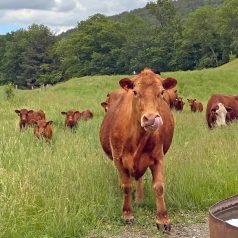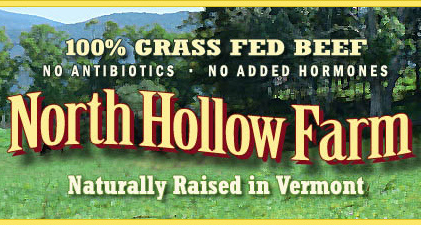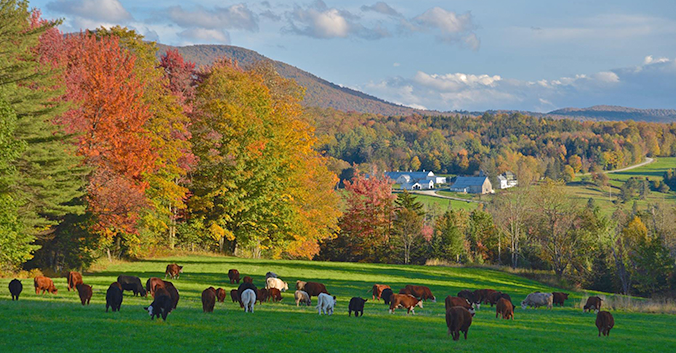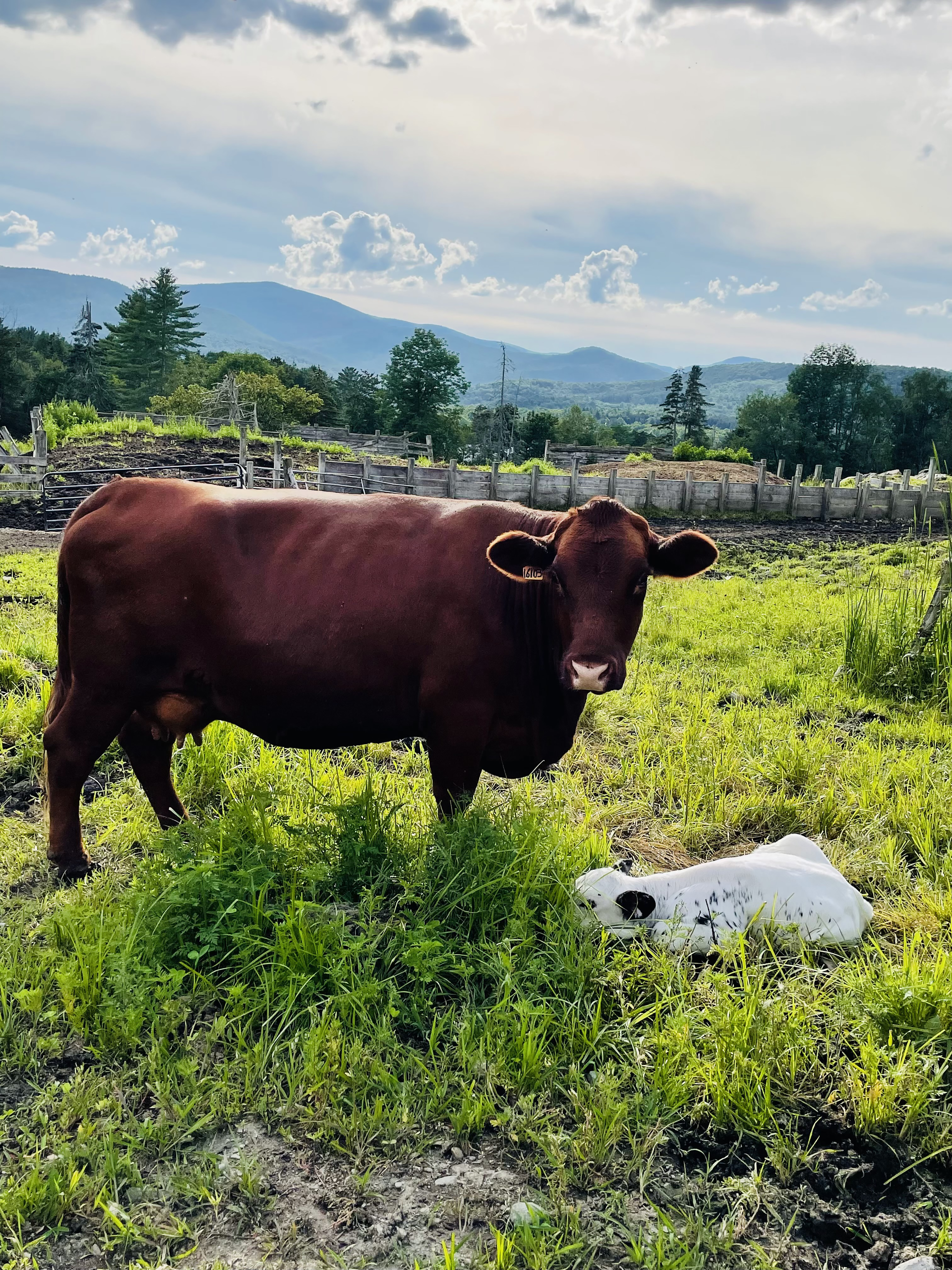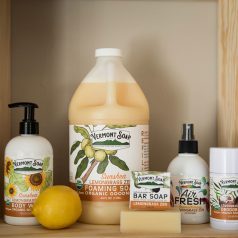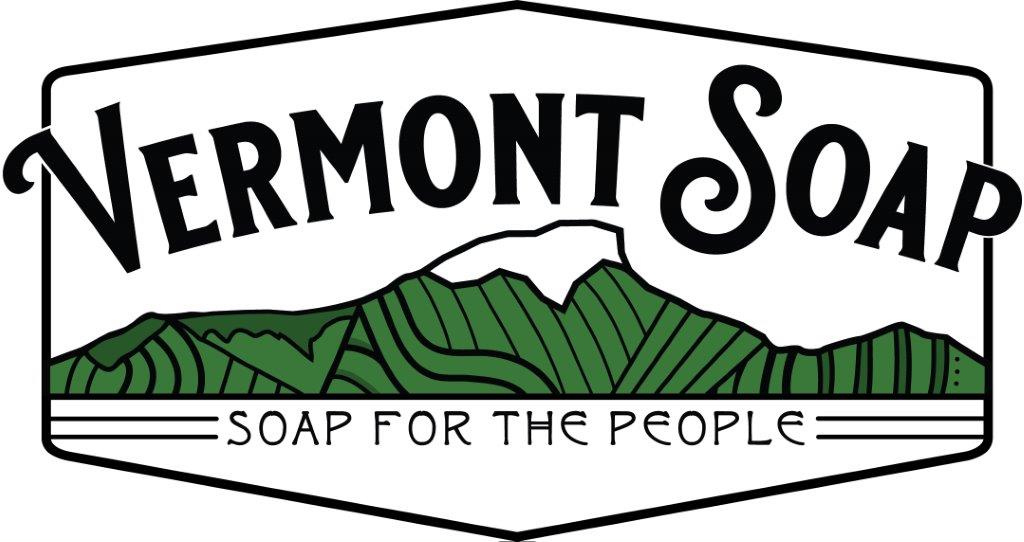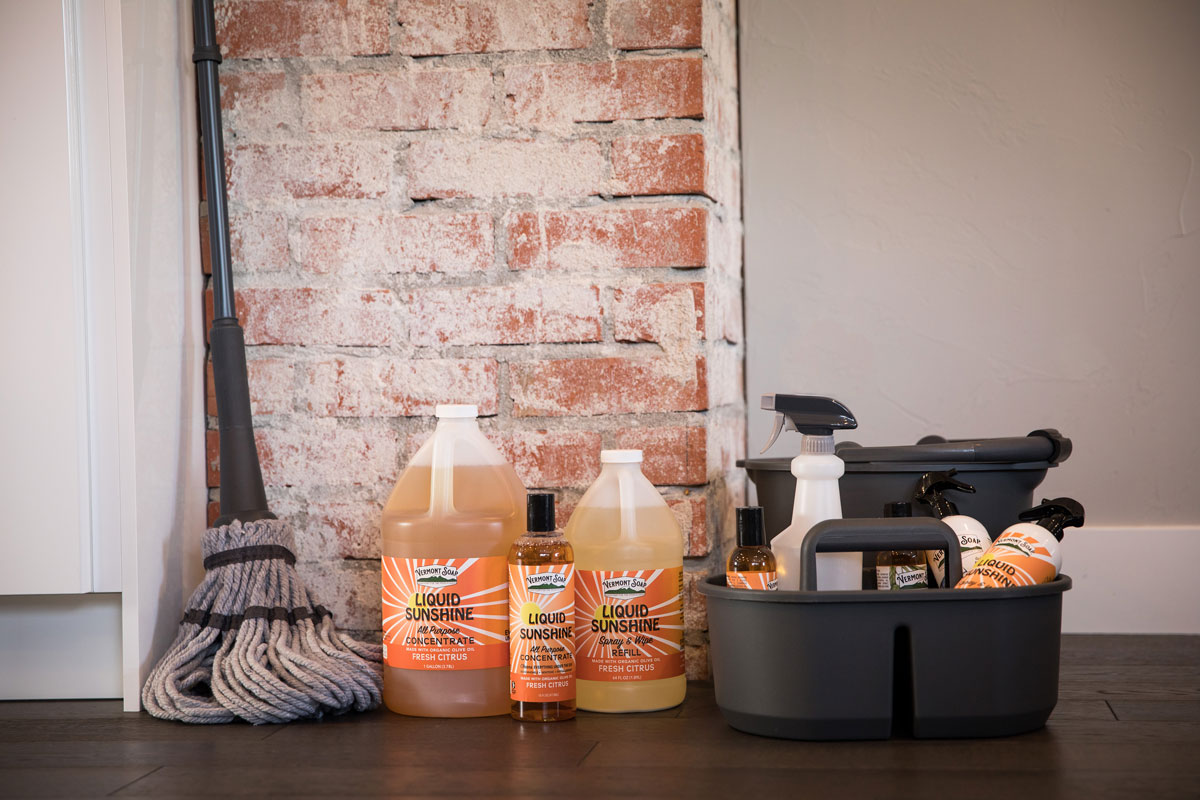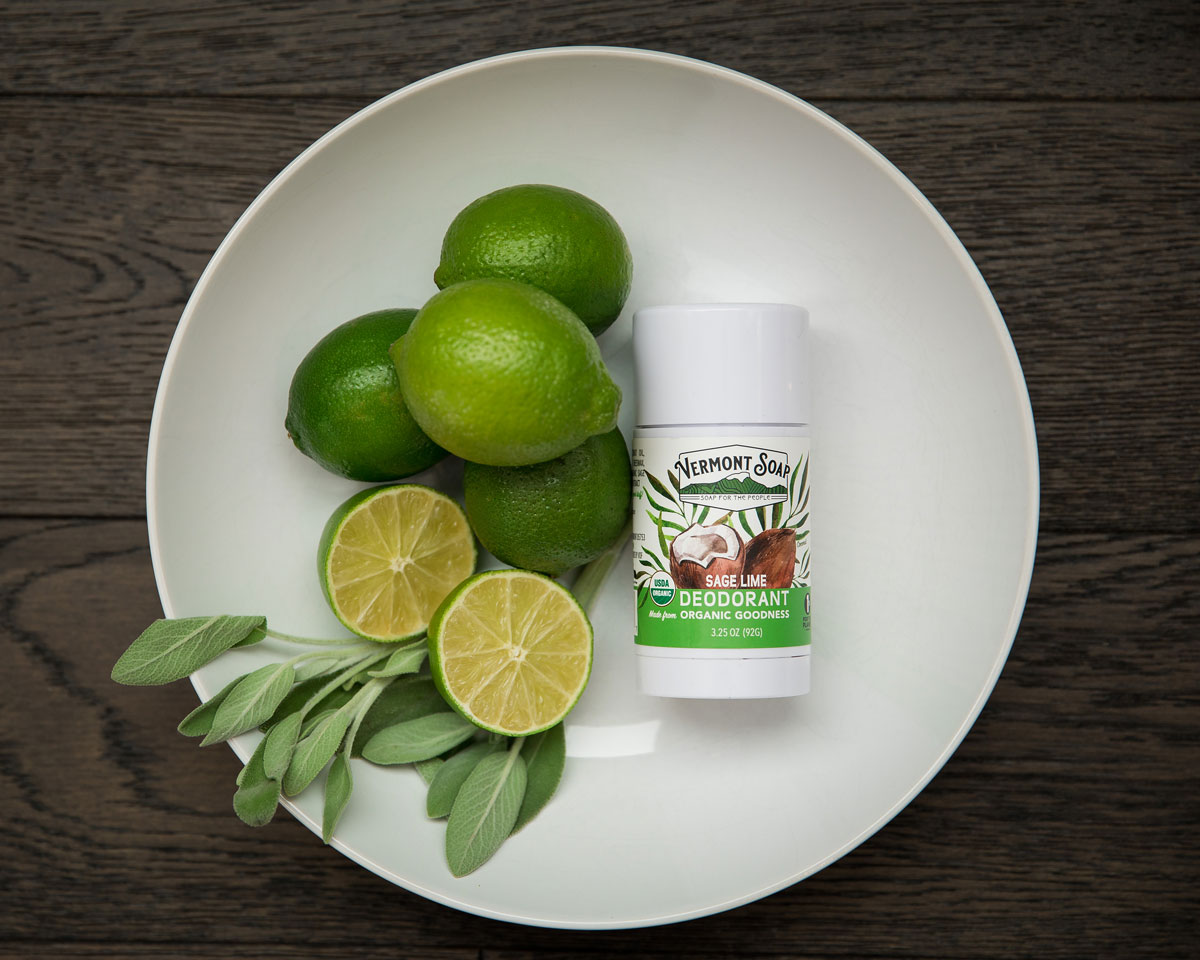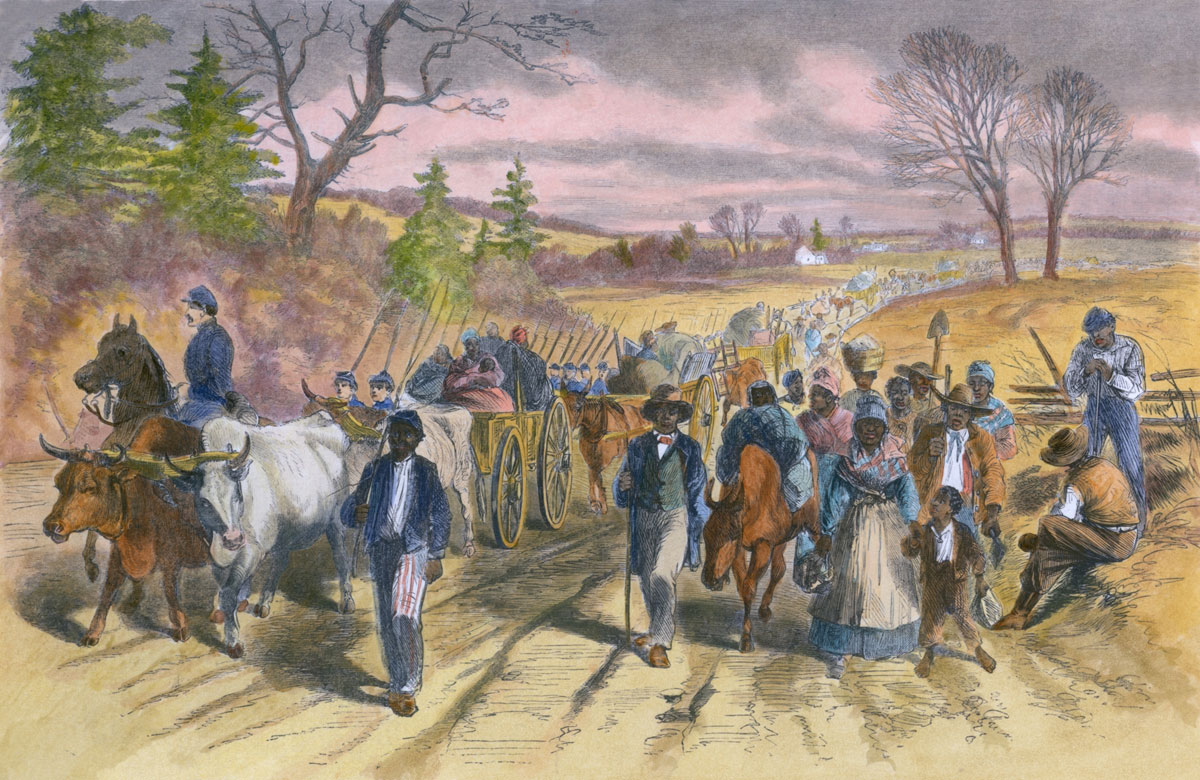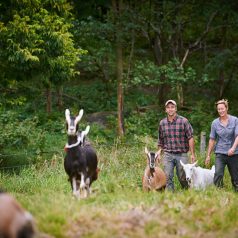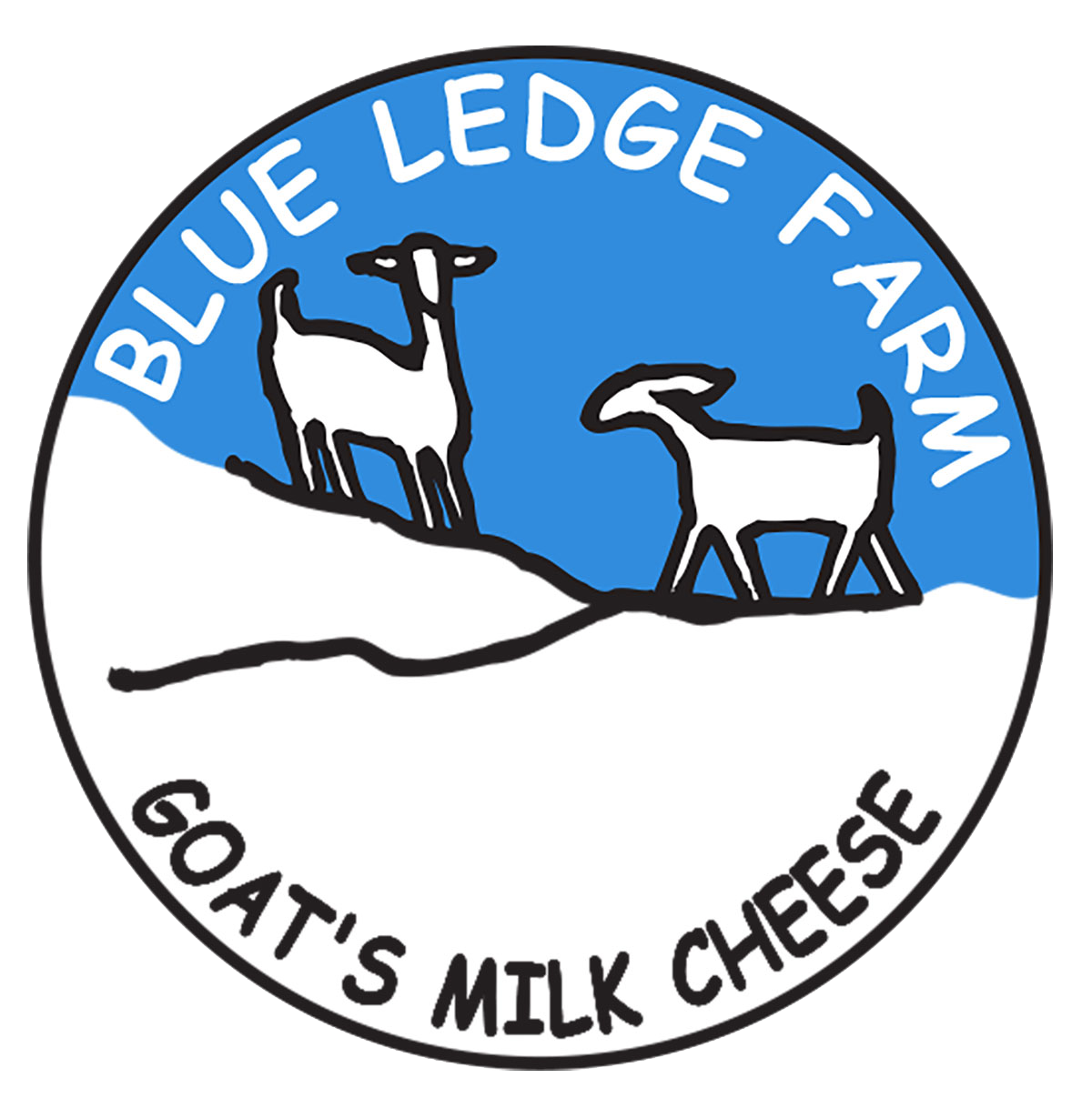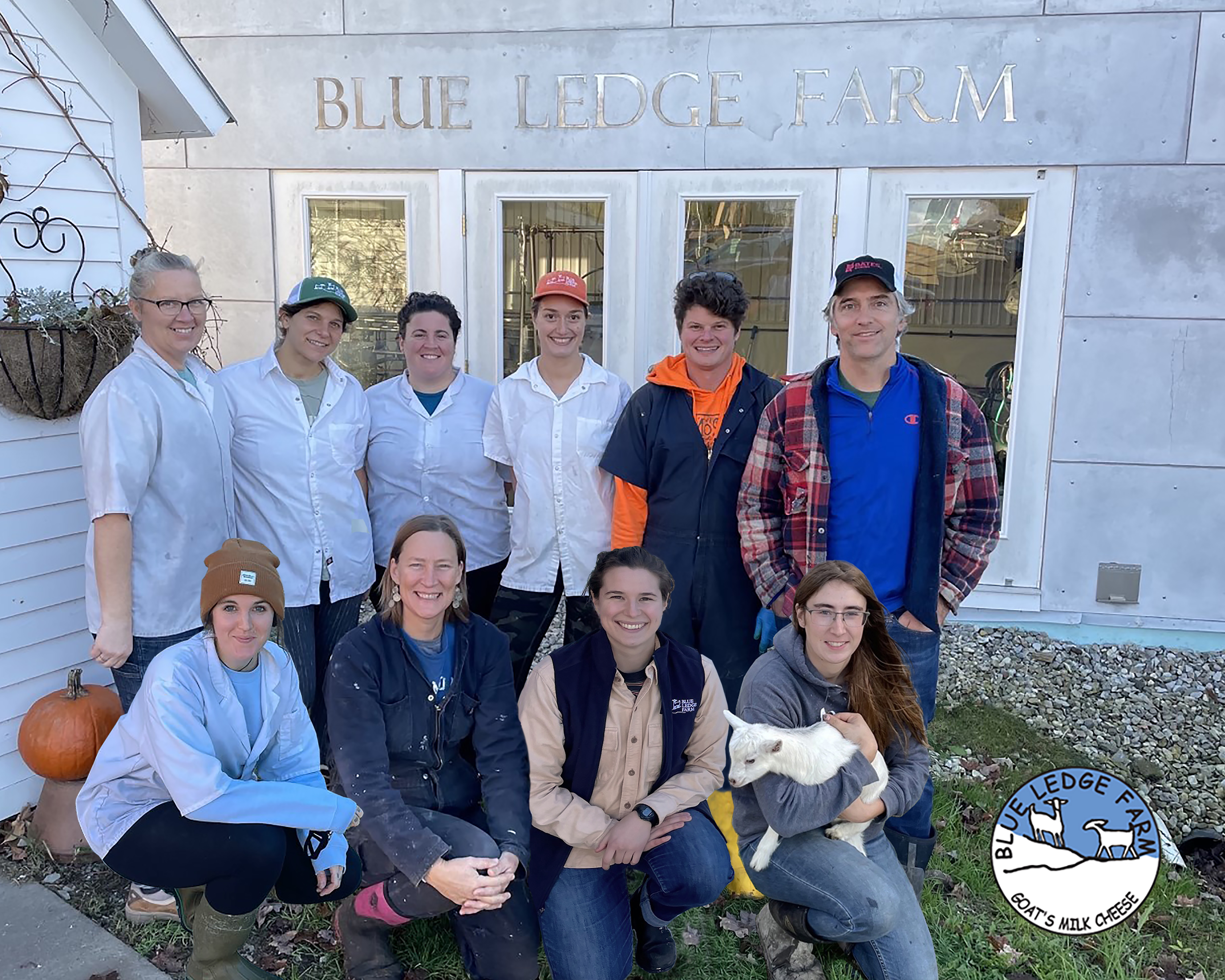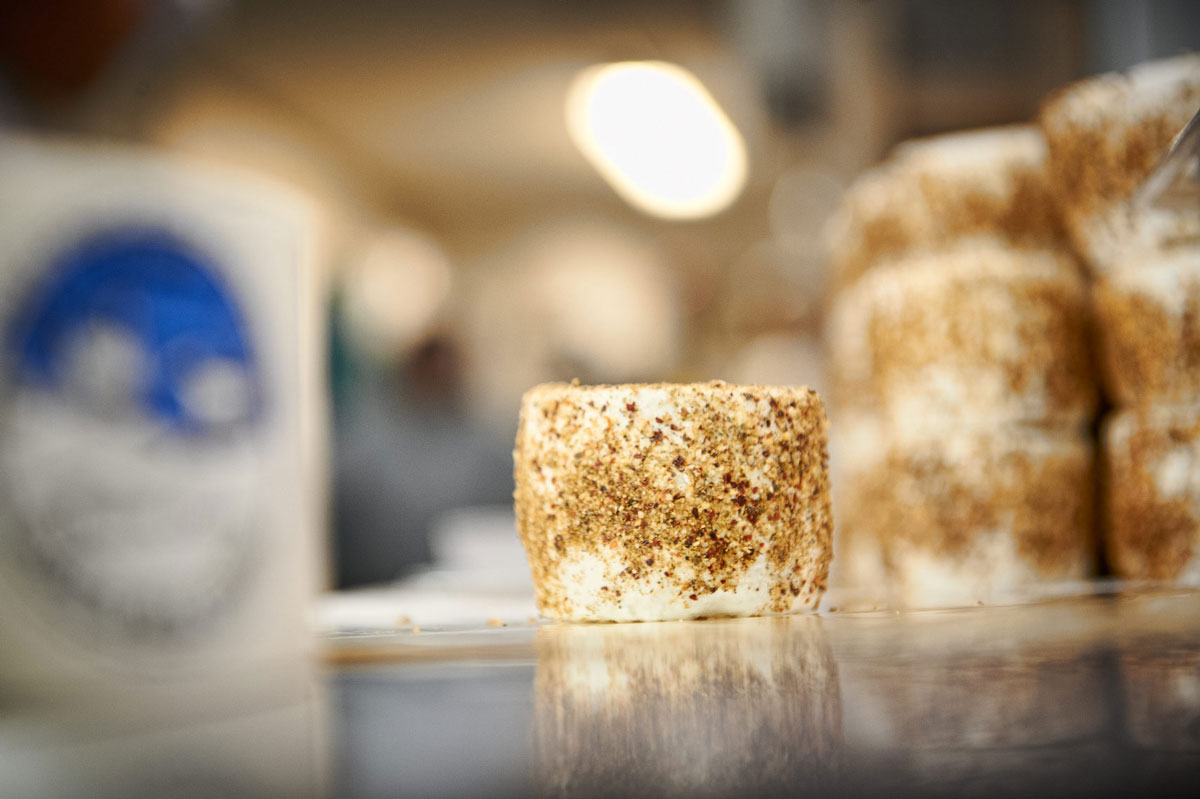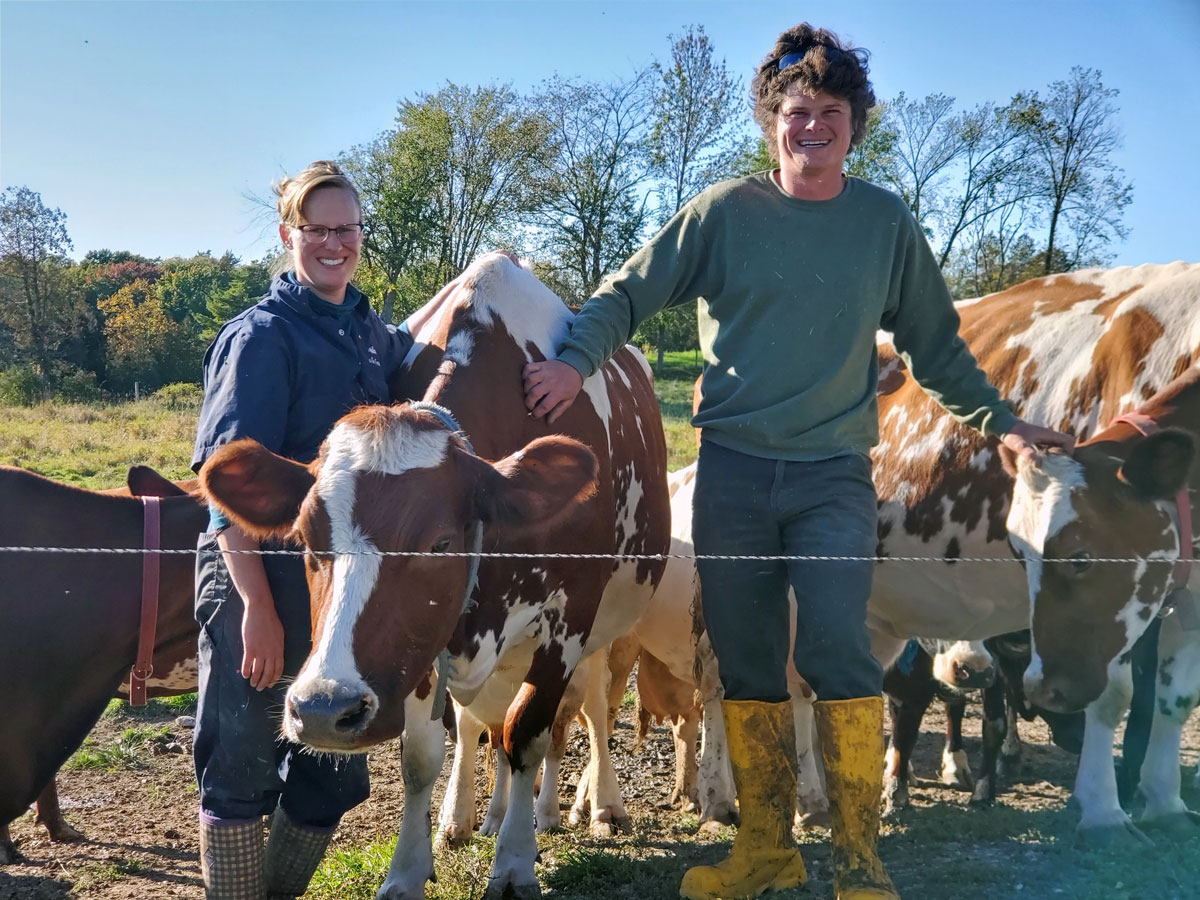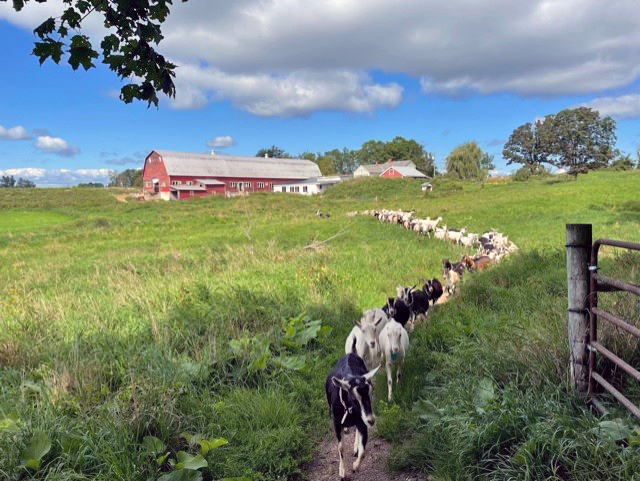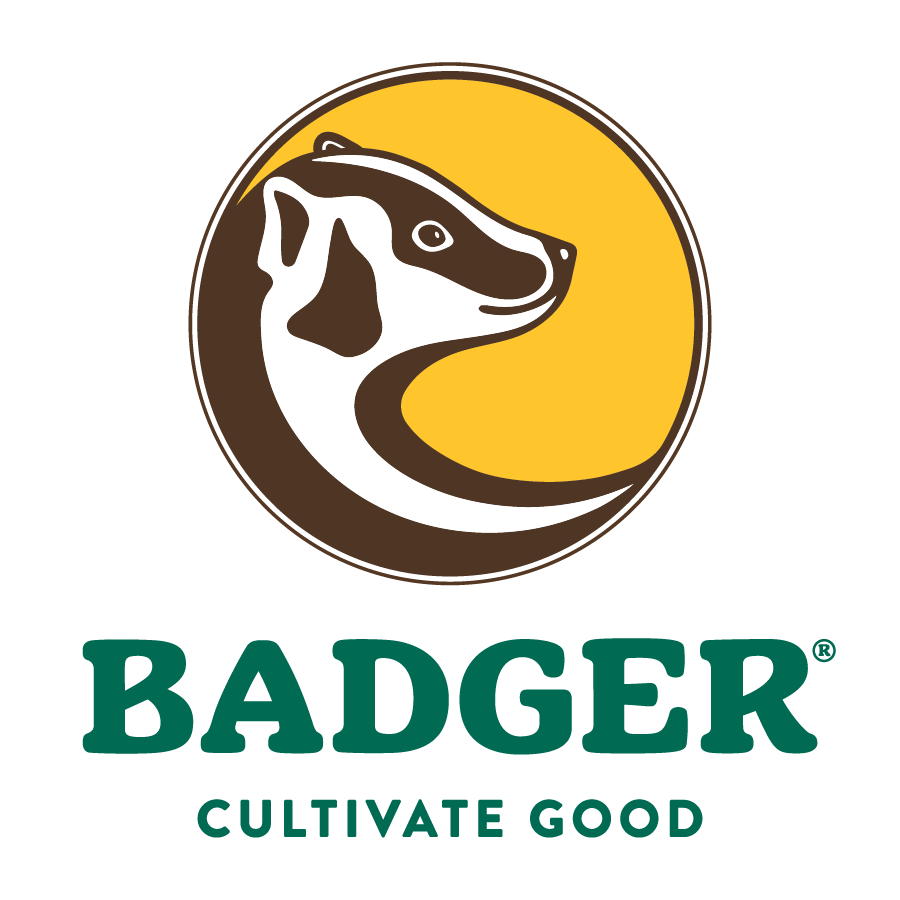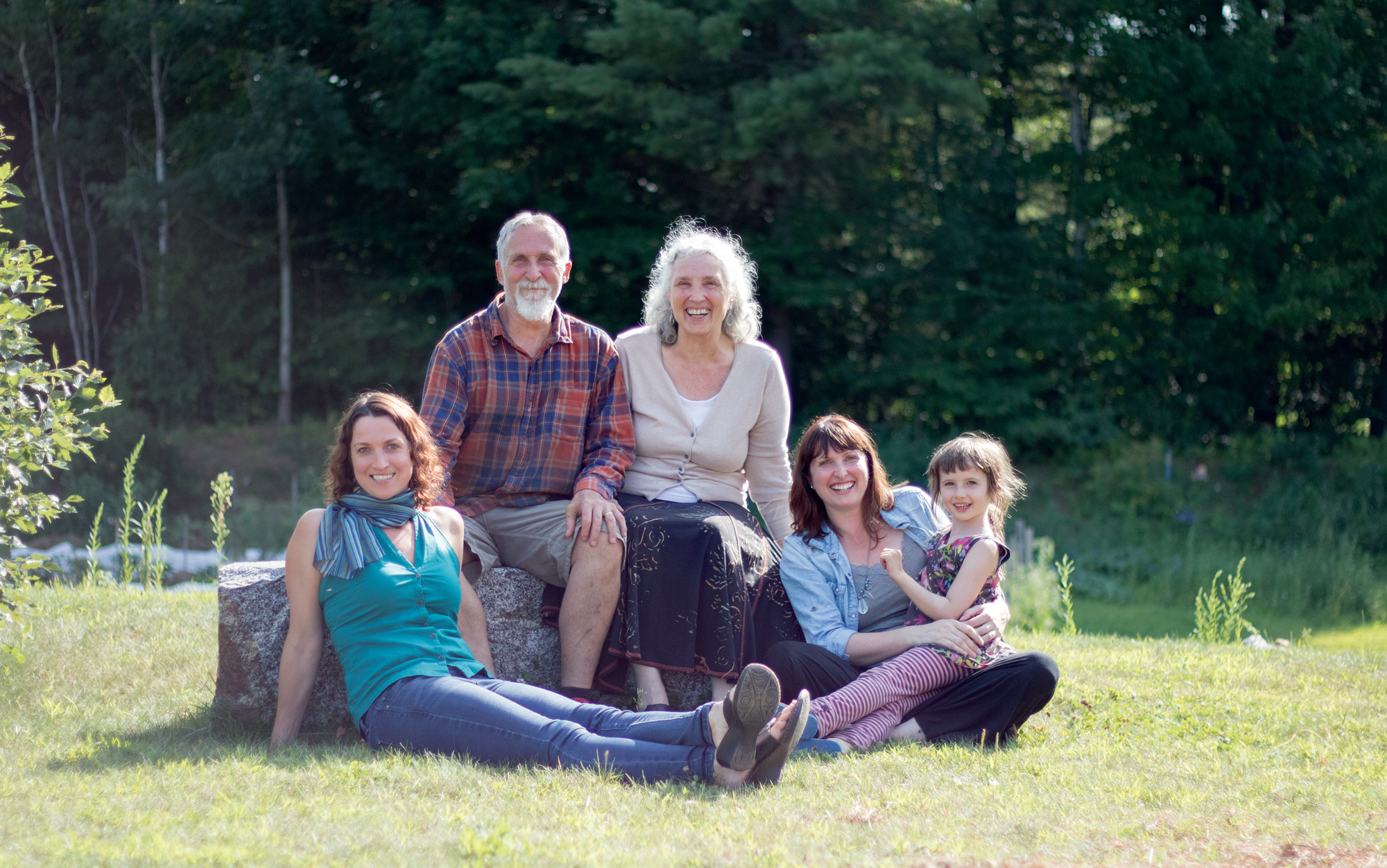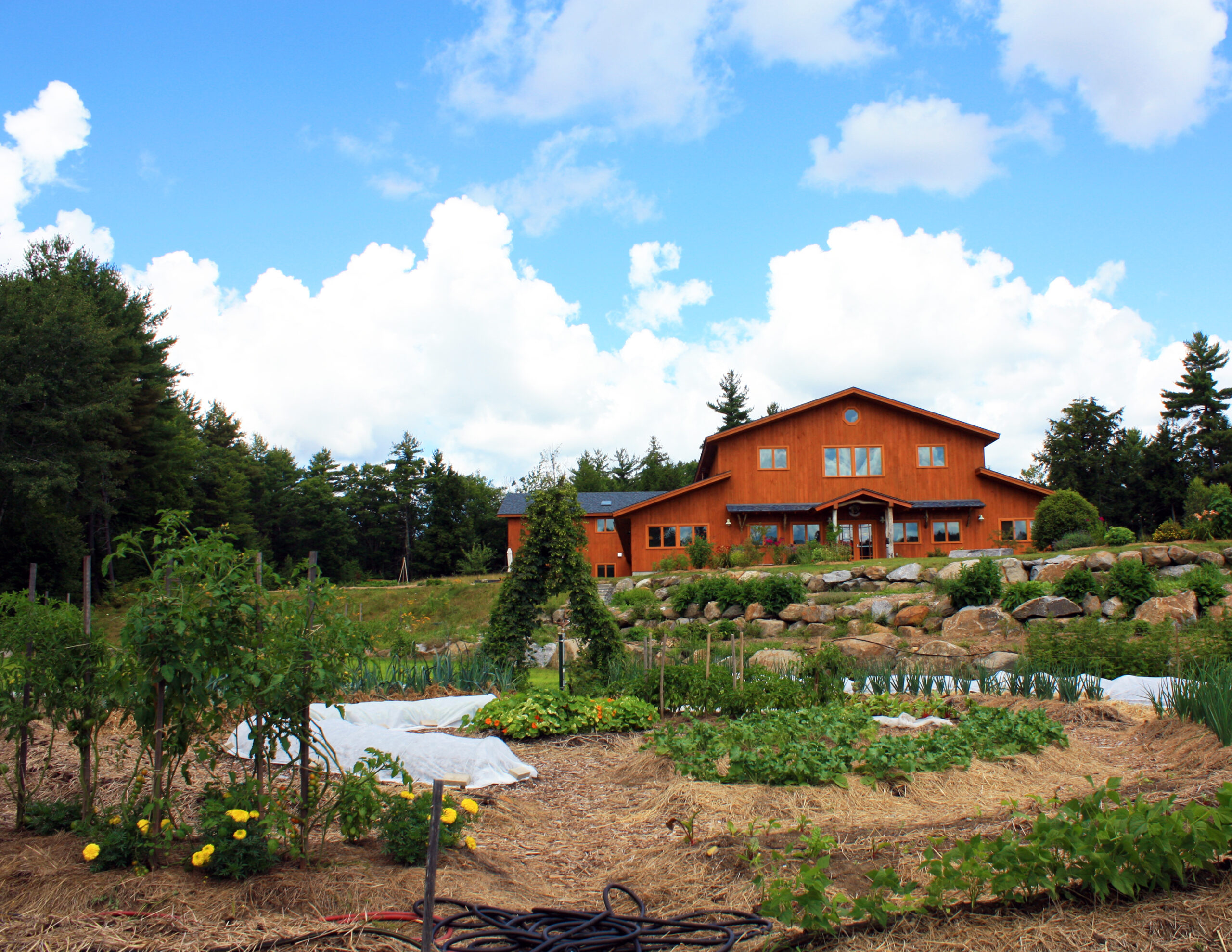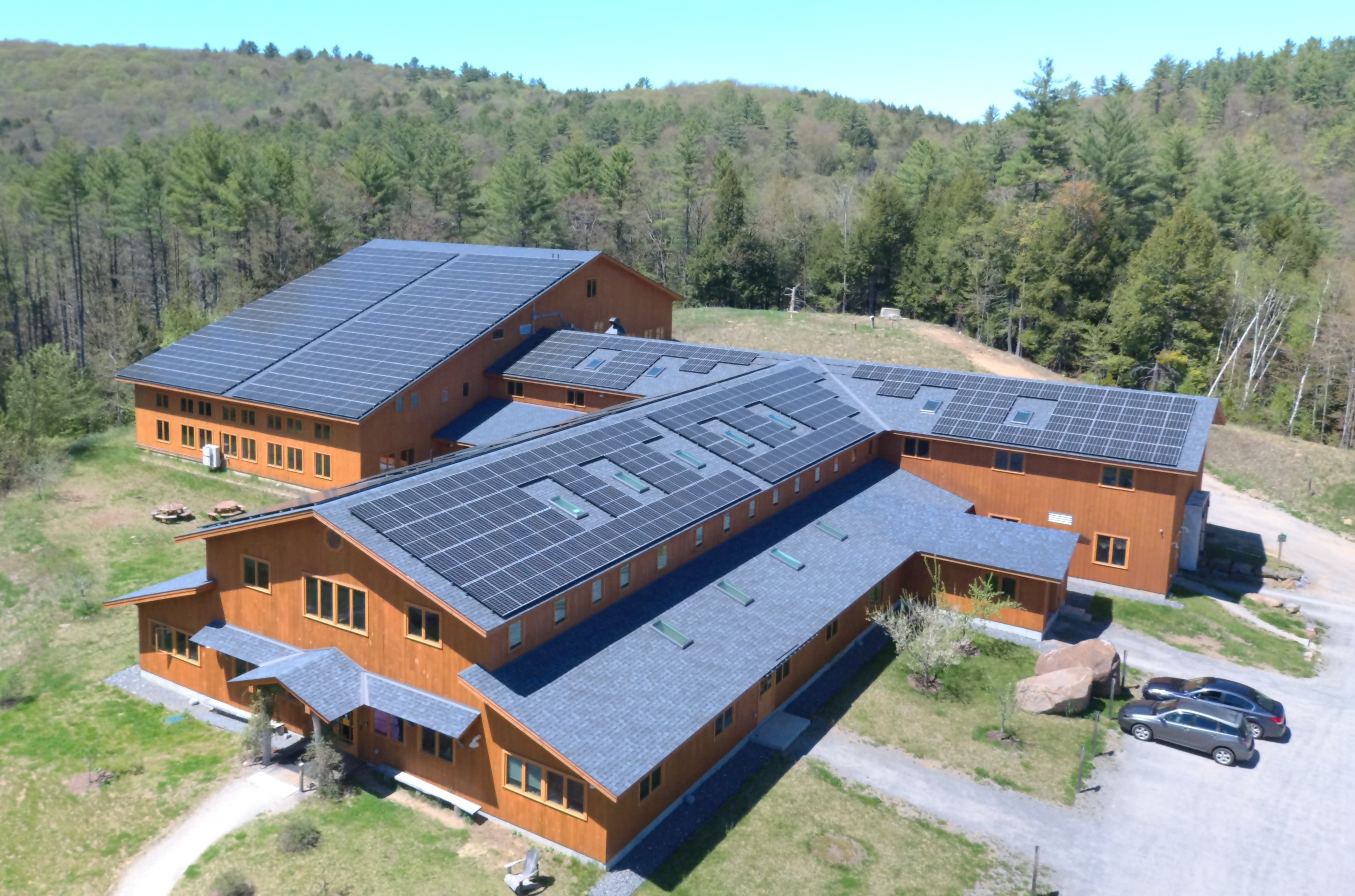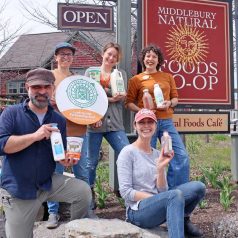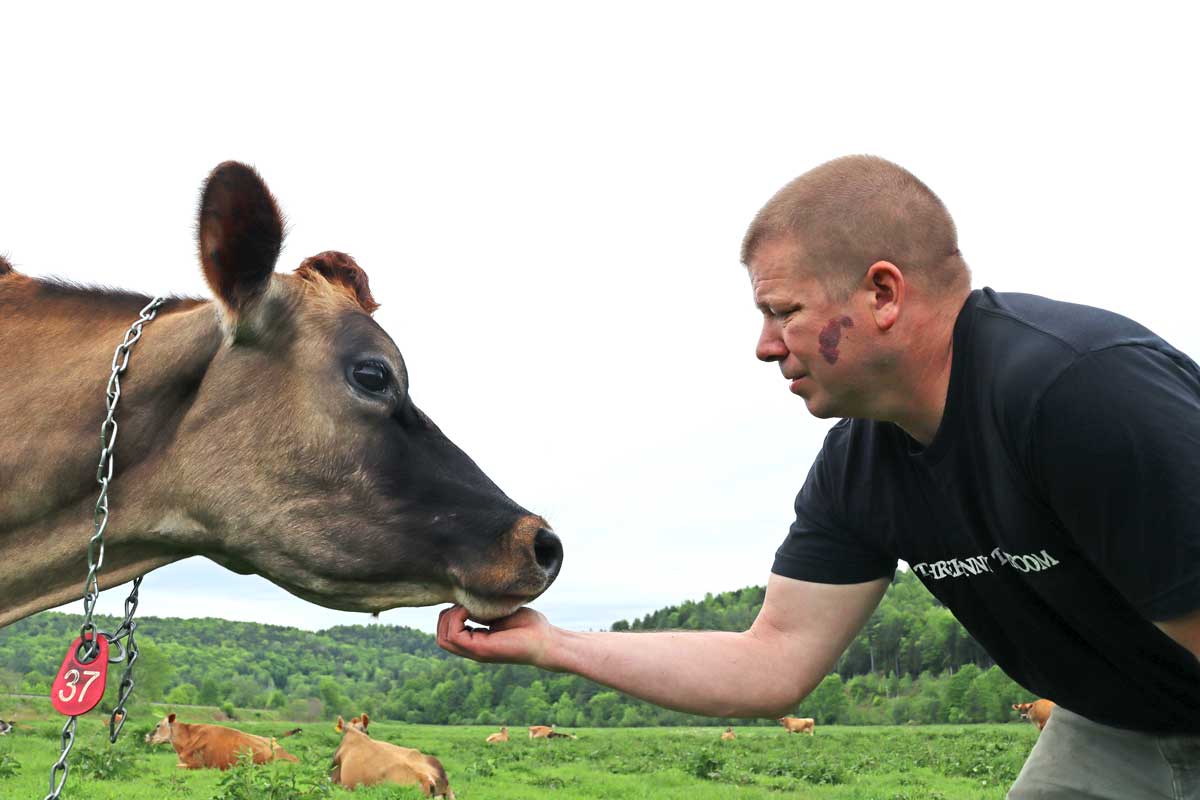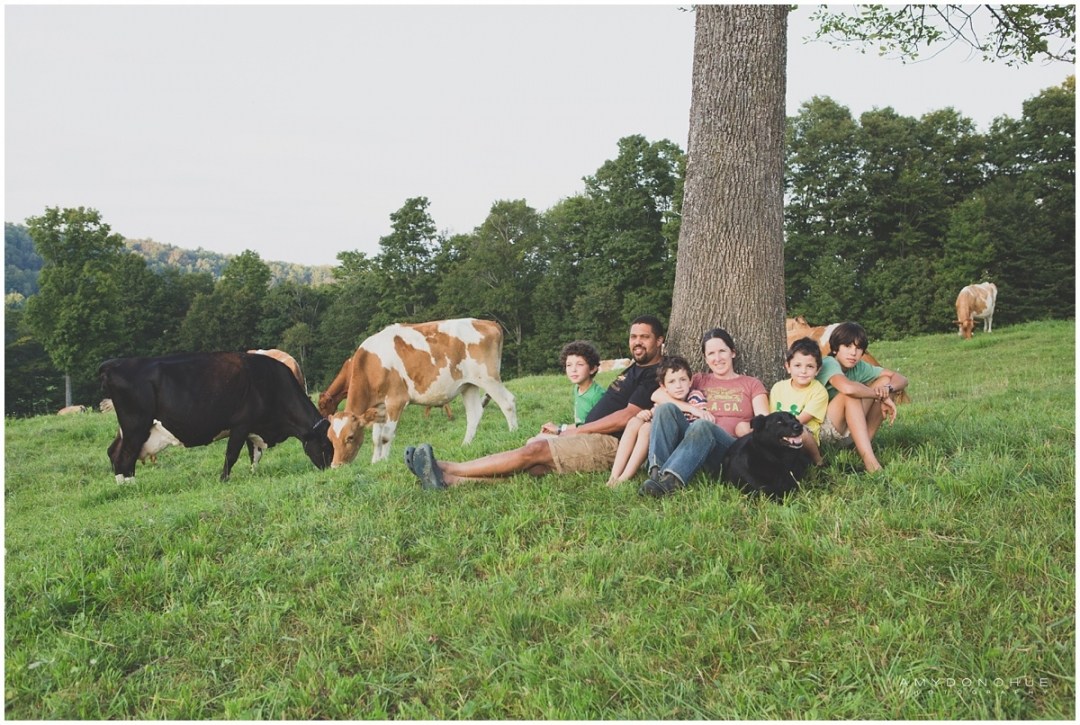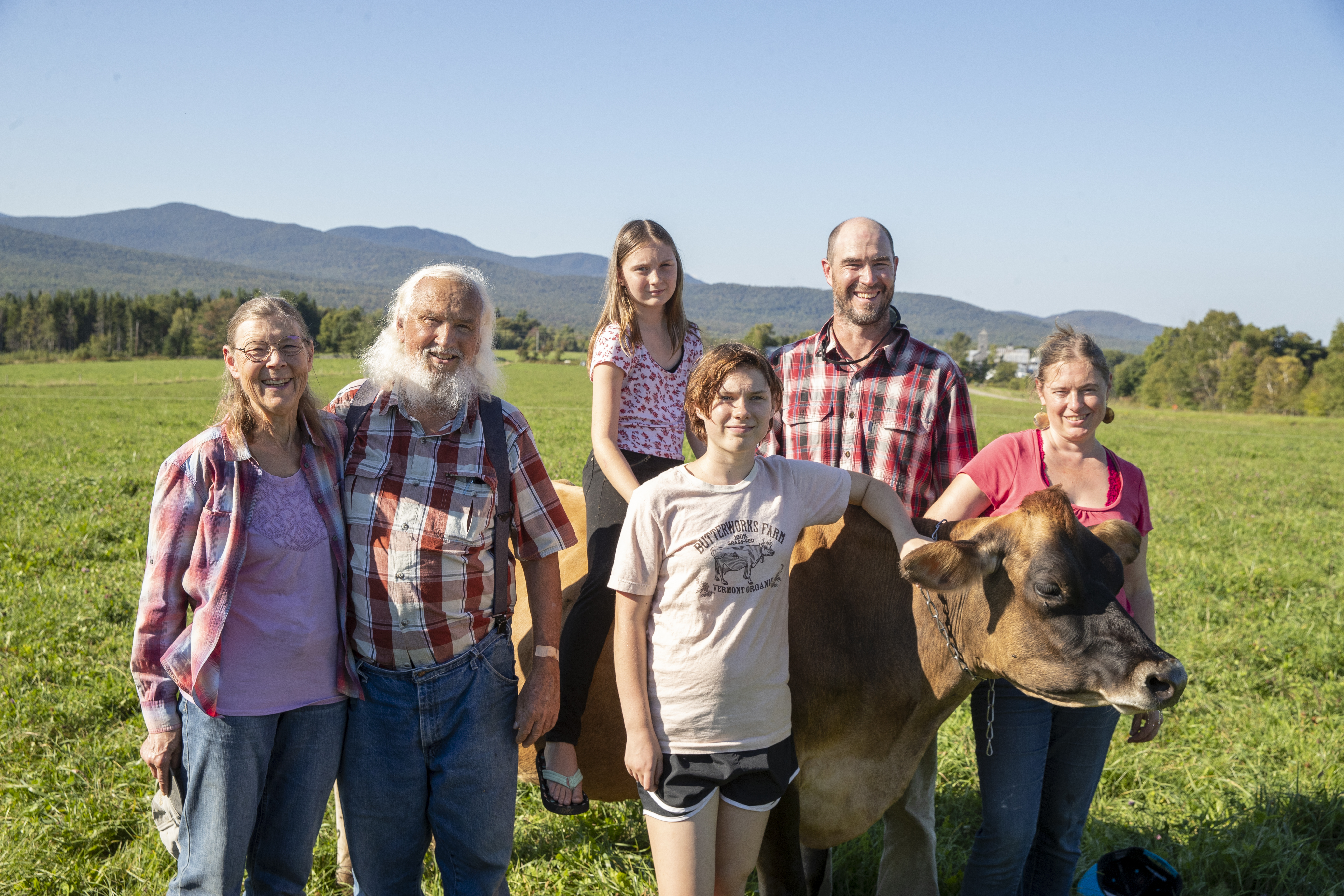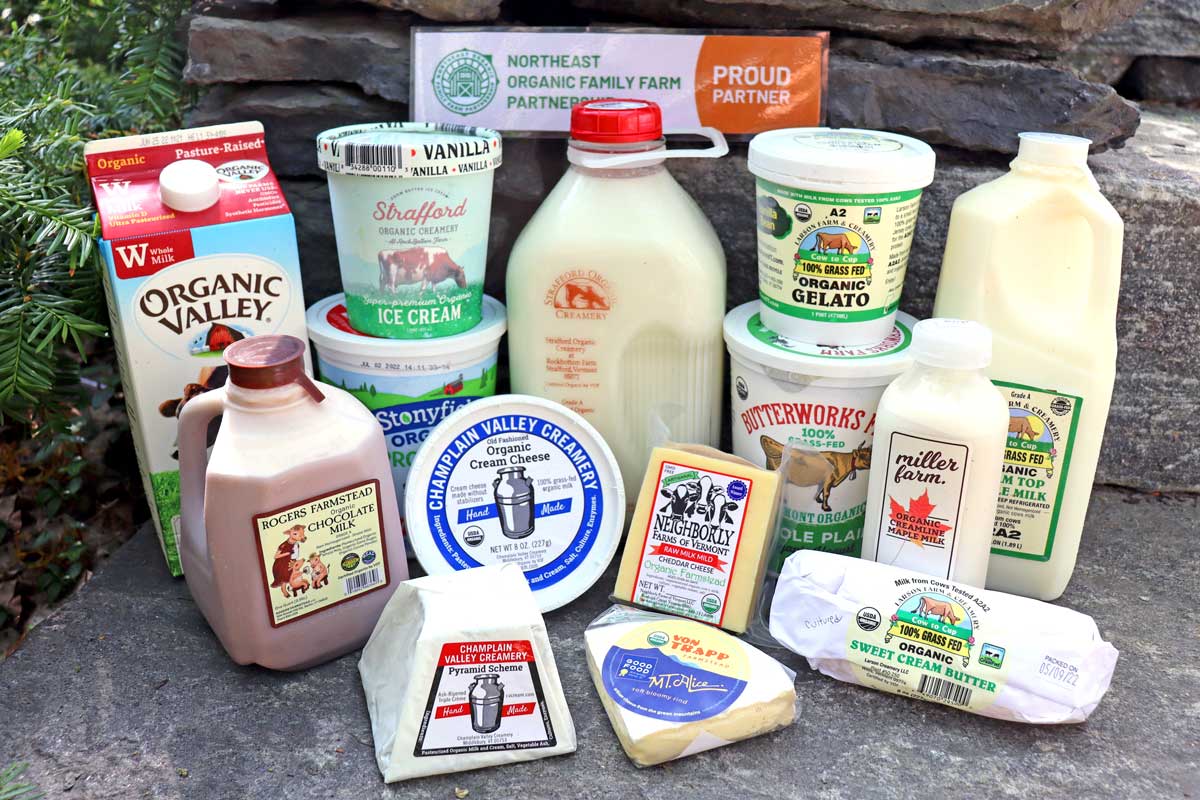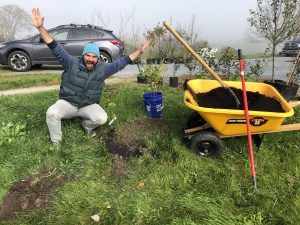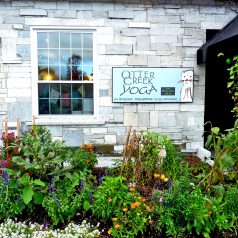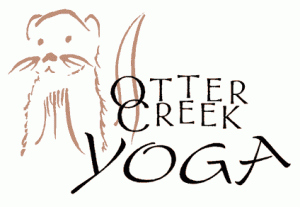
Celebrating the 100th International Day of Cooperatives!

On July 2, cooperatives all around the world will celebrate the 100th International Day of Cooperatives (#CoopsDay). A decade on from the UN International Year of Cooperatives, which showcased the unique contribution of cooperatives to making the world a better place, this year’s #CoopsDay slogan —“Cooperatives Build a Better World”— echoes the theme of the International Year.
“Cooperatives are answering the wake-up call of UN Secretary-General Antonio Guterres, who warned that the world is ‘on the edge of an abyss — and moving in the wrong direction’, and exclaimed that ‘to restore trust, and inspire hope, we need cooperation, we need dialogue, we need understanding’. For nearly two centuries, cooperatives have been pulling in this direction. This was amply highlighted at the 33rd World Cooperative Congress, held by the International Cooperative Alliance in December 2021, which focused a spotlight on how their shared identity is moving cooperatives to take action to address the world’s problems” declared Bruno Roelants, Director General of the International Co-operative Alliance (ICA).
The ICA invites cooperators everywhere to spread the word about how our human-centered business model, inspired by the cooperative values of self-help, self-responsibility, democracy, equality, equity, and solidarity, and the ethical values of honesty, openness, social responsibility, and caring for others, is building a better world.
Operating all around the world, in many different sectors of the economy, cooperatives have proven themselves more resilient to crises than the average. They foster economic participation, fight against environmental degradation and climate change, generate good jobs, contribute to food security, keep financial capital within local communities, build ethical value chains, and, by improving people’s material conditions and security, contribute to positive peace.
“Cooperatives are the only enterprise model with globally agreed upon principles that rest on a foundation of shared ethical values” added Bruno Roelants.

About the International Day of Cooperatives
Marked by cooperatives worldwide since 1923 and officially proclaimed by the United Nations General Assembly on the centenary of the ICA in 1995, the International Day of Cooperatives is celebrated annually on the first Saturday of July.
The aim of #CoopsDay is to increase awareness of cooperatives and promote the movement’s ideas of international solidarity, economic efficiency, equality, and world peace. Since 1995, the ICA and the United Nations through the Committee for the Promotion and Advancement of Cooperatives (COPAC) have jointly set the theme for the celebration of #CoopsDay.
Through #CoopsDay, local, national and global policymakers, civil society organizations, and the public, in general, can learn about the contribution of cooperatives to a secure future for all.
Impact of Your Co-op
As member-owned, democratically-operated entities, co-operatives offer an alternative to traditional shareholder- or proprietor-owned business structures allowing co-ops to make unique contributions to economical activity, community vitality, and worker well-being. The very structure of a cooperative requires that it be responsive to the needs of its member-owners and, in turn, to the local community. The nature of cooperatives is inherently both locally based and participatory, embodying a direct connection between member needs and the services provided. Because of this, cooperatives are able to contribute directly to community vitality and stability, modeling equitable and inclusive economic practices.
- For every $1,000 spent at a food co-op, $1,604 is invested back into the local economy.
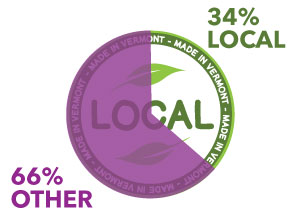
- Food co-ops create 9.3 jobs per $1 million in sales, compared to 5.8 at traditional grocery stores.
- Food co-operatives pay about 7% more than traditional grocery stores for the same work. We’re proud to offer a starting salary of $15.50 per hour.
- Compared to conventional grocery stores, food co-ops recycle nearly double the volume of plastics and food waste.
- Local products make up an average of 21% of food Co-op sales (and represent 34% of sales at your co-op valued at $7.2 million!), compared to the national grocery store average of 1.8%.
- In the last fiscal year, your Co-op donated $117,393 to local nonprofits and in-kind food donations to our local food shelves.

